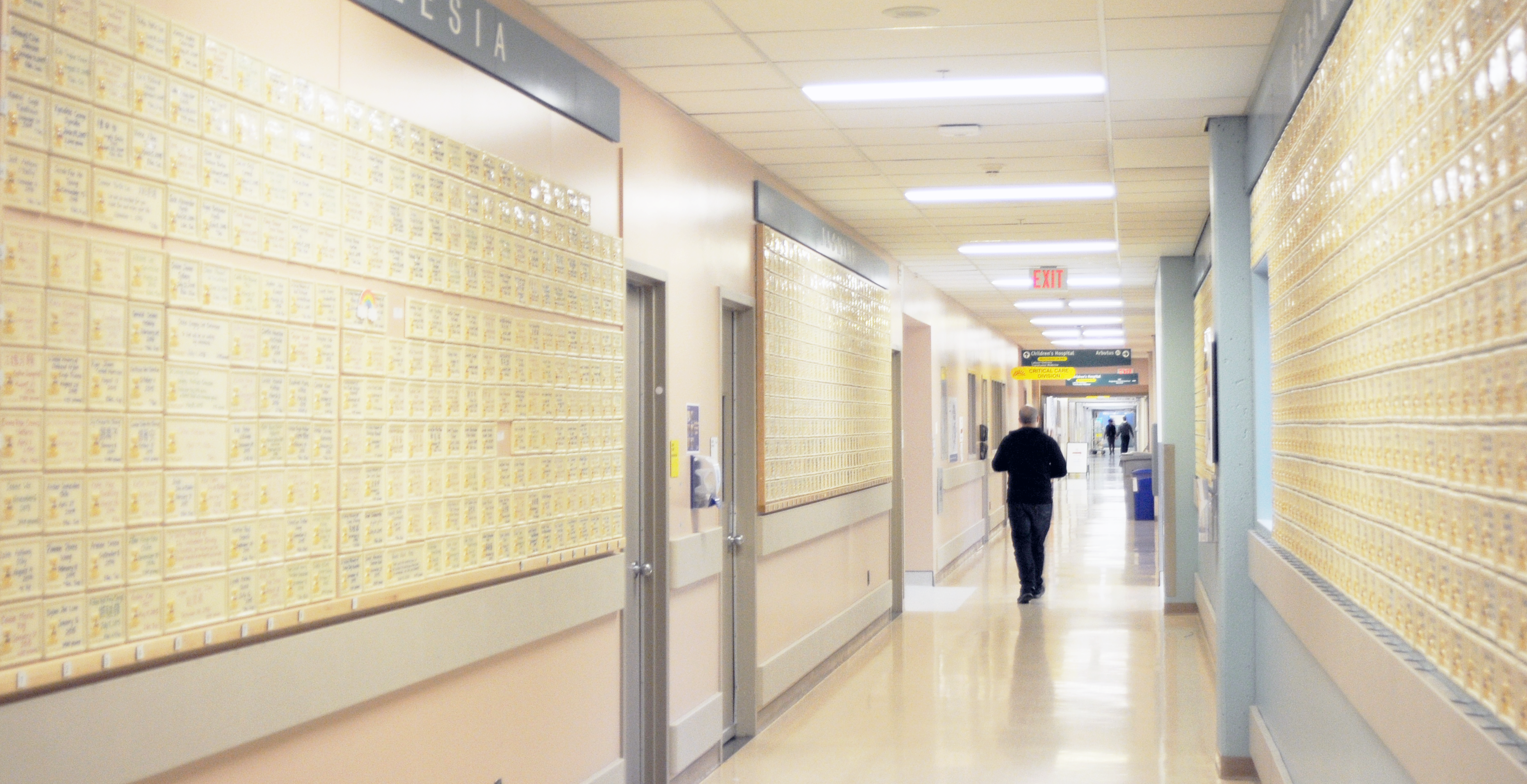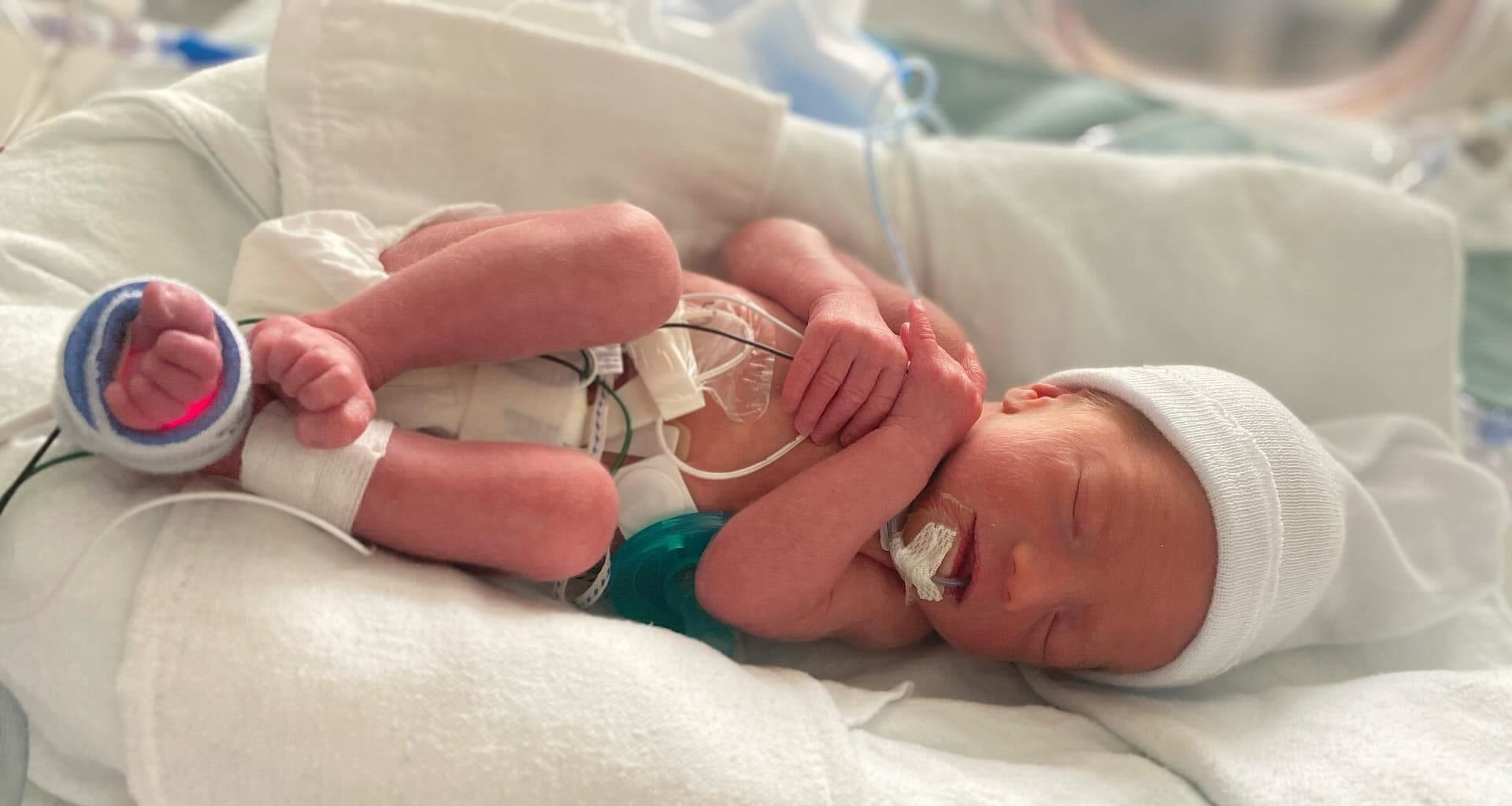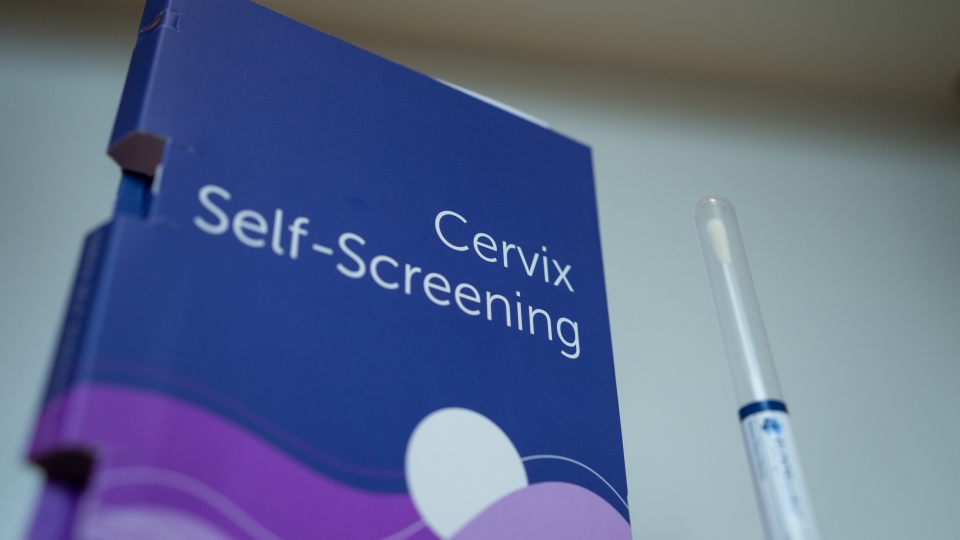
Every Mother’s Day, our social feeds are inundated with beautiful stories about courageous and inspiring mothers. But for those who have experienced a loss, this time of the year can come with an entirely different and complex set of memories, emotions, conversations, and questions.
Talking about grief can be hard. But Alica & Amrit believe it doesn’t have to be.
Alica Forneret is a writer, facilitator and advocate for grief and mental health.
One of the most common beliefs about grief is that everyone experiences the five stages of grief and then gets “better”” says Alica. “But I’ve found this to be an incredibly hard myth to tackle and deal with for two reasons: the first being that it puts pressure on people to grieve, heal, and “make progress” on a schedule that is unreasonable; the second being that we truly do want the people in our lives to be “okay”, but sometimes that doesn’t match up with what we think “okay” looks like.”
Amrit Heer is a fashion blogger and model, who has used her platform to raise awareness for the important topic of grief and loss when it comes to stillbirth and miscarriage.
I was lucky to have such strong support during my time at BC Women’s during the passing of my daughter but I got home, my family and I were left to grieve in silence,” says Amrit. “If you want to help someone who has been through something similar, simply listen. Saying things like “don’t worry, you will get pregnant again” or “you will get over this” isn’t always helpful. What was helpful for me was that my family and friends acknowledged my daughter – and still do – as my firstborn. It wasn’t something that was swept under the rug or minimized.”
There’s still so much we don’t know about the complexities of grief.
Dr. Lynn Farrales led a participatory research project back in 2013 with parents who had a baby that was stillborn. She directly asked them what type of support they would want to see offered to other families.
This led to her current project, called the Hummingbird Project, which is funded by the Vancouver Foundation, and carried out in partnership with the Women’s Health Research Institute.
This project is looking at ways to take all that feedback from the parents, and translate it into real, tangible support. They wanted to explore non-traditional ways to reach these families. They landed on developing a podcast.
The reality is, in-person support (like counselling) is not always accessible or practical. Maybe you’re doing okay during your scheduled session at 2pm on a Tuesday. But maybe you’re doing less okay in the middle of the night when no one is around. That’s where online tools have the potential to address a need that the healthcare system simply cannot.
Dr. Farrales’ team particularly likes that listeners can tune in to their podcast series from start to finish, or access the subject matter that best suits them at that time.
We think investing in more work like that is vital.
We’ve seen a major shift in recent years towards women coming forward, sharing these lesser told stories. We’re finding strength in vulnerability, and not glazing over the darker parts of our journeys.
This isn’t just about educating people. This is about acknowledging their loss and grief and actually meeting them where they’re at.
Follow each of these incredible advocates: @alica.forneret,@shewearslove, @StillLifeCanada.
-
Baby Tiles Make A Memory and Make A Difference
"After having a complex pregnancy and our NICU stay complete, it was nice to come back and reflect on the baby...
Read more -
Babies Thrive in BC Women’s NICU
Babies who are born too early or with complex medical conditions rely on the only quaternary neonatal intensiv...
Read more -
Self-Screening For Cervical Cancer Now Accessible In BC
BCWHF’s community of donors, including TD Bank and Scotiabank, united to support pilot projects around BC, w...
Read more



